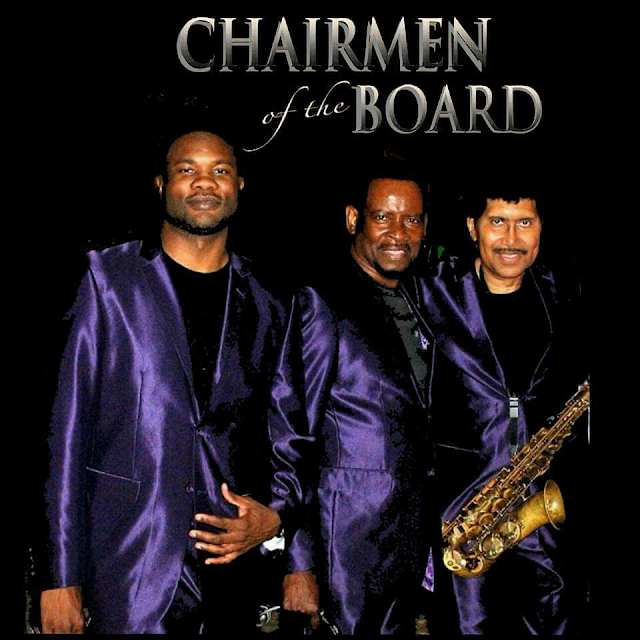Professional Musicians: Aim and Purpose
Note Correction: This article was first published on September 9, 2011. We apologize for any technical difficulties.
Professional musicians work in highly competitive environments. They must be able to deliver performances in a wide range of situations; in the studio, as a solo performer, as part of a group or in a live venue, often under great pressure.
In order to work in various kinds of environments, musicians rely upon their foundation of polished technique, timing, tone and control. Combined with this, they have to develop an adaptive, professional approach to continuously improve their musical and vocal skills.
Allow us to focus on two areas:
First, is the ability to play or sing with fluency, dexterity and the authority of a seasoned performer, and second, arriving at that point through a logical and structured practice routine. (Tone production, timing and rhythmic control are fundamental to this unit.)
When musicians develop and use a structured practice routine they ‘break down’ the areas of their playing or singing that need attention.
A reflective and dedicated approach to practice will enable performers to maximize their improvements. The best way to consolidate and reinforce technical skills is to practice and then perform. A wide variety of music and situations will exercise and extend each performer’s techniques and reveal where further practice is needed.
Working in studio sessions, solo gigs, group rehearsals and gigs will all contribute to a musician gaining the authority of a seasoned performer. Learners will be encouraged to use technical skills creatively and apply them to enhance artistic expression.
J. DuCre, Head Writer

Comments
Post a Comment